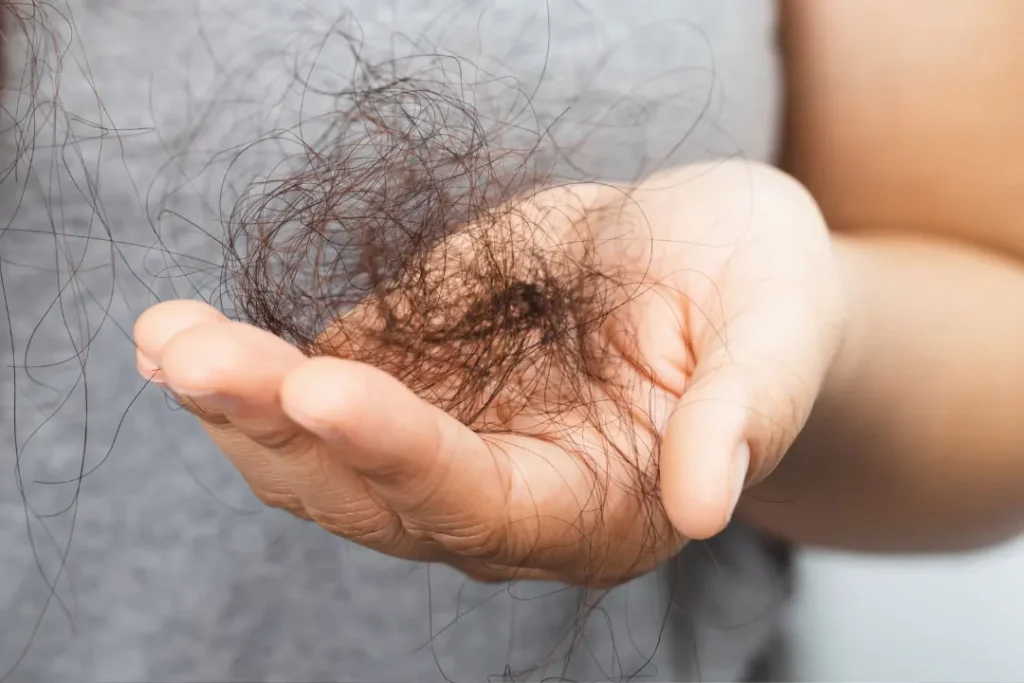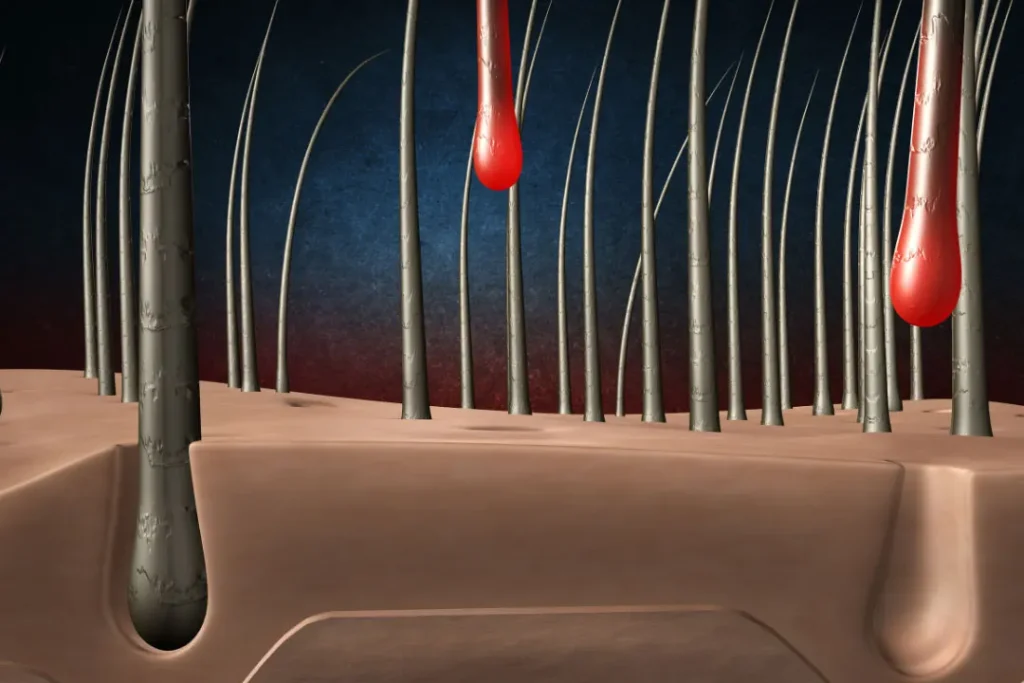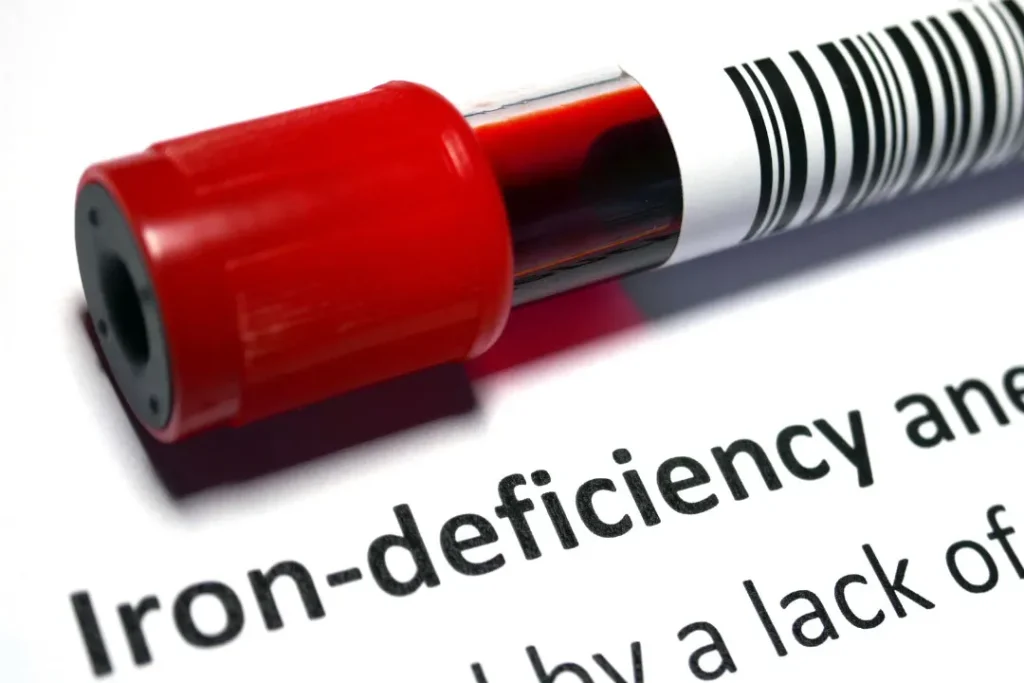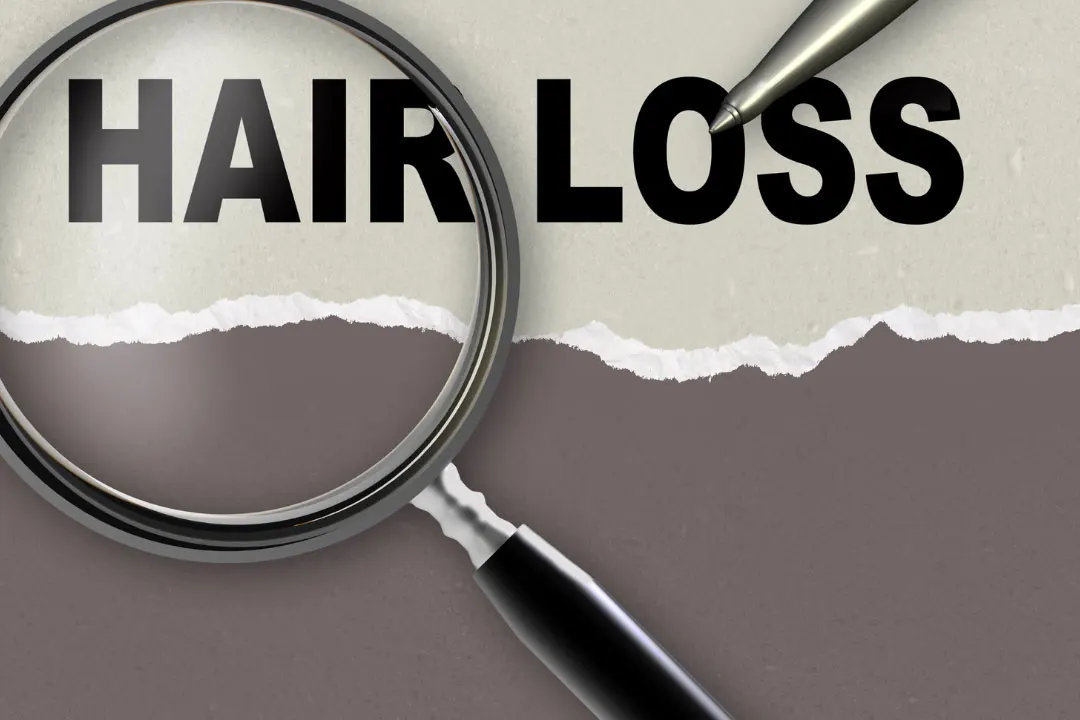Healthy hair not only boosts confidence—it’s also a sign of general health and wellness. Hair loss can therefore be confusing and alarming. Thankfully, you can put an end to hair loss by understanding the seven common causes and effective solutions to restore full, thick hair.
When your hair starts falling out or dramatically thinning, it can be cause for concern. A shiny, healthy head of hair is generally an indicator of overall health; if hair is brittle and you’re experiencing hair loss, you can generally point to a specific cause. Thankfully, a number of the issues that cause hair loss—among them genetics, stress, and hormonal imbalances, to name a few—can be treated, though some patience may be involved.
You May Also Like:
5 Great Reasons to Try Stem Cells for Hair Growth
The Pros and Cons of Using Drugs for Thinning Hair in Men
Stop Hair Loss: The 7 Common Causes and What to Do is an original (Health11News) article.
Hair loss from a genetic condition
For some, hair loss will come no matter how closely you monitor health and wellness—not even eating the right food, exercising, keeping stress at bay, or hormones in check can prevent hair from falling out. In these cases, genetics may very well be at play. Among the more common conditions that cause hair loss in both men and women is androgenetic alopecia; in men, this is more plainly referred to as male pattern baldness, and in women, female pattern hair loss.
Androgenetic alopecia is directly related to the level of androgens in the body. Androgens are sex hormones—in men and women, they regulate hair growth by stimulating hair follicles. When follicles are overstimulated by androgens, however, there is a shorter growth period allowed for hair, resulting in shorter, thinner strands, and, eventually for some, no strands at all.
Hormonal imbalances and hair loss
In a similar vein to losing hair as a result of genetic conditions, hormonal imbalances often play a role in hair thinning or total hair loss. Women experiencing perimenopause are perhaps most at risk for hair loss due to hormonal imbalances, as during perimenopause, the density of estrogen in the blood lowers, and androgen levels rise. As previously mentioned, such excess levels of androgens in the body can lead to hair loss, which generally presents as a thinning of hair around the central forehead areas of the skull, though in some cases hair will thin toward the back and bottom of the head as well.
There are various supplements on the market that target hair loss as it relates to hormonal imbalance; one such supplement available for this specific issue is a DHT blocker. DHT, also known as dihydrotestosterone, is a hormone that contributes to hair loss. In blocking DHT, the hair follicles are protected from shrinkage, enabling hair to both stay on the head and keep growing.

Hair loss from stress
Unfortunately, stress and hair loss go hand-in-hand. There are three different types of hair loss associated with stress: telogen effluvium, trichotillomania, and alopecia areata. With telogen effluvium, high levels of stress lead masses of hair follicles into a resting phase; within months, the hair is prone to suddenly falling out when doing something as simple as combing or washing it.
Trichotillomania, meanwhile, presents as an irresistible urge to rip your hair from your scalp, eyebrows, eyelashes, or other parts of your body—pretty much wherever hair can be pulled. For those afflicted with trichotillomania, pulling out hair provides an outlet for negative and uncomfortable feelings, which can stem from any number of stressful situations, among them loneliness, boredom, and frustration. Once hair is pulled, a reward system is triggered, as is a feeling of relief, which consequently leads to more hair pulling and in turn more hair loss.
Lastly, alopecia areata can arise when the body is under severe stress, though that is not the only way this disease takes hold. It can be genetic, but for many, it arises when there’s no prior family history. No matter how the disease takes hold, its symptoms are the same—the immune system attacks the hair follicles, causing hair to fall out in patches, or completely.
Hair loss from existing medical conditions
People with autoimmune diseases such as psoriasis, thyroid disease, or vitiligo are not only more likely to contract alopecia areata, suggesting that a weakened immune system may be to blame for such a condition, but they’re also more prone to hair loss in general. Prolonged bouts of hypothyroidism and hyperthyroidism can result in hair loss that affects the whole head, not just patches of the skull. The thyroid can be particularly destructive to hair, as it plays a crucial role in the development and functionality of hair follicles—if it’s not working, then hair can be at risk.

Hair loss from poor nutrition
Eating a well-rounded diet is critical not just for physical health, but for excellent hair health as well. If you notice your hair is falling out or becoming thin and brittle, you might need to check that you’re getting a sufficient amount of protein. Hair is exceedingly sensitive to deficiencies in protein, as the follicles need it in constant supply to continue growing. Those restricting calories as part of a diet may find that their protein levels are suffering, and thus the health of their hair is as well—your hair needs amino acids to function properly, as they’re critical to the health of the cells that make up the follicle.
Hair loss from iron deficiency
Just as with food, if you’re otherwise healthy and start experiencing hair loss, perhaps you’re not getting the proper dosage of micronutrients. Being that hair follicles are extremely active and sensitive—hair follicle cells are some of the most rapidly dividing cells in the body—a shortage in key nutrients can spell doom for hair health. Iron deficiency is among the more common causes of hair loss, though it’s not yet known exactly how such a deficit leads to brittle hair; researchers currently believe iron goes to other parts of the body, not the skull, when there’s too little of it circulating through the system.

Hair loss from environmental factors
A great number of airborne or waterborne toxins can contribute to hair loss. Depending on where you live—those in more highly polluted environments, such as a major city, will be exposed to more toxins—the hair loss will be more rampant, though it’s important to note that, generally, environmentally-induced hair loss isn’t permanent, and will change once you leave said polluted environment.
Finding ways to stunt hair loss
While some supplements for hair loss must be taken orally, other solutions for hair loss can be applied topically. More Hair Naturally’s 9 is a spray with nine different ingredients, including 3 types of stem cells, one of which contains a specific peptide and extract that acts as a DHT inhibitor.
“Our product helps remove the DHT from the follicle, so the blood can start flowing back to the follicle itself, and then it creates a protective shield over the follicle so that DHT can’t build up,” says More Hair Naturally CEO Mahryah Shain. “Then the follicle is bombarded with stem cells, probiotics, and amino acids to create strong healthy hair again. If someone’s hair is thin, thinning, or shedding, we can help rebuild that follicle, and we can bring that hair back.” Shain says results start showing in 3 to 6 months, though he recommends sticking with treatment aggressively for six months to a year.
Hair loss:
Final thoughts
No matter the source of your hair loss, it doesn’t have to stick with you throughout life. There are ways to address the different causes, be it through hormone blockers, special shampoos and conditioners, eating right, or daily vitamins. Here’s to having a healthy head of hair!

For further reading:
Healthline: How Diet Affects Hair Loss
Cureus: Effects of Hormones and Endocrine Disorders on Hair Growth
Mayo Clinic: Hair Loss—Symptoms and causes
Important Note: The information contained in this article is for general informational purposes only, and should not be construed as health or medical advice, nor is it intended to diagnose, prevent, treat, or cure any disease or health condition. Before embarking on any diet, fitness regimen, or program of nutritional supplementation, it is advisable to consult your healthcare professional in order to determine its safety and probable efficacy in terms of your individual state of health.
Regarding Nutritional Supplements Or Other Non-Prescription Health Products: If any nutritional supplements or other non-prescription health products are mentioned in the foregoing article, any claims or statements made about them have not been evaluated by the U.S. Food and Drug Administration, and such nutritional supplements or other health products are not intended to diagnose, treat, cure, or prevent any disease.


